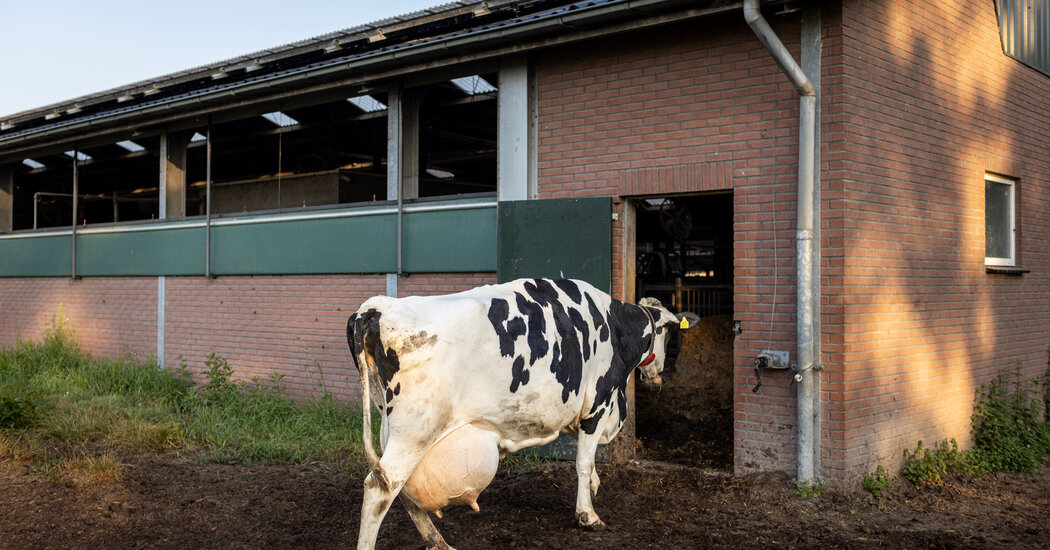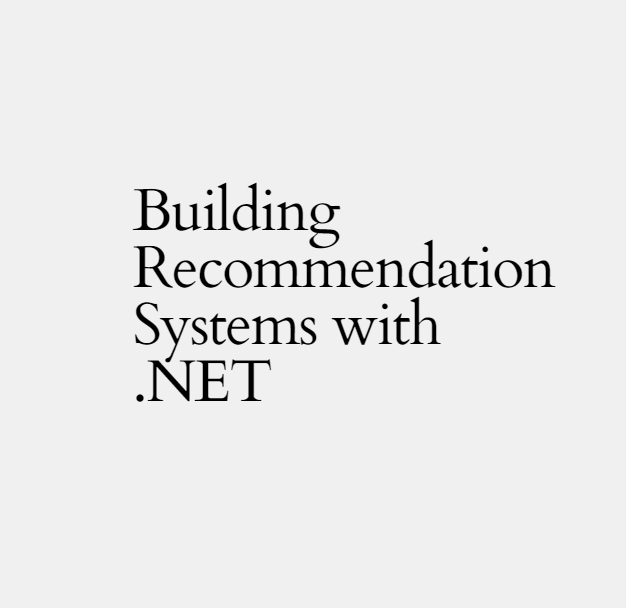Table of Content
- How Dedicated Servers Work
- Types of Dedicated Servers
- Benefits of Choosing a Dedicated Server
- Dedicated Servers and Business Scalability
- Customization and Control
- Choosing the Right Dedicated Server Provider
- Transitioning to a Dedicated Server
- Conclusion
- FAQ about -Dedicated Server
Establishing an online presence is crucial, whether you’re a small business owner, an emerging blogger, or part of a large corporation. A fundamental aspect of this online presence is dedicated hosting, a key player in the success and performance of your website. This detailed guide will cover everything you need to know about Dedicated hosting, including its various types, functions, and the impact it has on website performance and SEO. Cheap Dedicated Server Hosting provides a platform for individuals and organizations to host their websites on the Internet. It involves allocating space on servers where website files and data are stored, thereby making them accessible to online users worldwide.
How Dedicated Servers Work
Dedicated servers serve as exclusive, physical machines allocated solely to one user, guaranteeing the undivided attention of all server resources like CPU, RAM, and disk space for that user’s needs. This setup stands in stark contrast to shared or virtual hosting scenarios, where a server’s resources are split among numerous tenants. Hosted within data centers and linked to high-speed internet, these servers are maintained by providers to ensure they operate at peak efficiency and with maximum uptime. Clients wield complete control over their server environment, enabling them to customize everything from the operating system to the applications and security protocols to meet their unique needs. This autonomy and the dedicated allocation of resources make dedicated servers an ideal solution for websites and applications drawing heavy traffic or those that demand hefty processing capabilities, offering a level of reliability, scalability, and performance that shared hosting simply cannot match.
Types of Dedicated Servers
- Entry-Level Dedicated Servers
These servers are designed for businesses stepping into the realm of dedicated hosting for the first time or those with modest requirements. Entry-level dedicated servers typically feature lower-spec hardware, such as less powerful CPUs, smaller amounts of RAM, and limited storage capacity. However, they offer a significant performance leap from shared hosting or VPS, making them an excellent choice for small to medium-sized websites or applications with growing traffic.
- Mid-Range Dedicated Servers
A step up from the entry-level, mid-range dedicated servers provide a balanced mix of performance and cost. They are equipped with more powerful processors, greater memory capacity, and larger storage options, including SSDs for faster data access. These servers are suitable for businesses experiencing steady growth in online traffic or those running more demanding applications, such as medium-sized e-commerce sites or databases.
- High-End Dedicated Servers
High-end dedicated servers are top-of-the-line in terms of hardware and performance, designed to meet the needs of large enterprises and complex applications. They boast the latest, most powerful CPUs, abundant RAM, and vast storage capabilities, often utilizing fast SSDs or NVMe drives. These servers can handle high volumes of traffic, intensive data processing, and resource-heavy applications, making them ideal for large e-commerce platforms, data analytics, and extensive database management.
- GPU Dedicated Servers
GPU (Graphics Processing Unit) dedicated servers are specialized for tasks that require substantial graphical processing power. These servers are equipped with one or more high-end graphics cards in addition to the standard CPU, making them ideal for video rendering, AI research, machine learning models, and gaming applications. GPU servers offer parallel processing capabilities that can significantly accelerate computational tasks compared to traditional CPUs.
- Storage Dedicated Servers
Designed with a focus on storage capacity and data redundancy, storage dedicated servers are ideal for businesses that require extensive data storage solutions. These servers come with multiple hard drives or SSDs and are often configured in RAID (Redundant Array of Independent Disks) setups to ensure data integrity and redundancy. They are perfect for file storage, backups, and serving as database servers for large datasets.
- Managed Dedicated Servers
Managed dedicated servers offer a comprehensive hosting solution where the hosting provider takes care of server maintenance, including software updates, security patches, and technical support. This option is ideal for businesses without an in-house IT team or those preferring to focus on their core operations rather than server management. Managed services can vary in scope but typically include monitoring, backup services, and application support.
- Unmanaged Dedicated Servers
Unmanaged dedicated servers are the opposite of managed servers, providing the client with full control over the server’s operation, including software installation, configuration, and maintenance. This option is suited for businesses with the technical expertise to manage their servers and those requiring custom configurations that aren’t possible under managed hosting plans.
Benefits of Choosing a Dedicated Server
Selecting a dedicated server offers numerous advantages tailored to businesses seeking robust, reliable, and secure hosting solutions. This choice offers unparalleled performance due to exclusive access to all server resources, ensuring that websites and applications operate smoothly throughout peak traffic. Another significant advantage is the fact that clients can implement security measures, such as firewalls and encryption, to safeguard sensitive data from threats. The dedicated server’s customizable nature allows for tailored configurations, software installations, and adjustments to meet specific operational requirements, creating an ideal environment for specialized applications or compliance needs. In addition, dedicated servers eliminate the “noisy neighbor” effect, maintaining reliable service without the risk of shared resources affecting server uptime or speed.
Dedicated Servers and Business Scalability
Dedicated servers are crucial for supporting business growth, offering a clear route for expansion without sacrificing performance or compromising security. As a business grows, its online presence demands more powerful hosting solutions to manage the surge in traffic, handle larger amounts of data, and run increasingly complex applications. Dedicated servers answer these needs by providing exclusive resources, enabling businesses to scale their operations with ease. This type of hosting offers the adaptability to perform hardware enhancements, like increasing RAM, adding more processors, or expanding storage, to meet evolving requirements. The unique advantage of having a server all to oneself also allows companies the freedom to tailor their digital environment according to the diverse needs of their growing array of services and applications, ensuring a seamless and efficient scaling process.
Customization and Control
Dedicated servers offer an unmatched level of customization and control, making them an ideal choice for businesses facing intricate hosting demands. This distinctive benefit empowers clients to meticulously craft their server setup, including the selection of operating systems, fine-tuning server configurations, and specifying hardware details like the type of CPU, amount of RAM, and storage solutions. Users also receive root access, providing the liberty to deploy any necessary applications, libraries, or tools vital for their specific operational needs. Such comprehensive control further extends to security arrangements, allowing organizations to establish custom firewalls, security protocols, and encryption standards tailored to their unique security and compliance requirements. The ability to customize and control every facet of a dedicated server ensures businesses can fine-tune their hosting environment to achieve optimal performance and security.
Choosing the Right Dedicated Server Provider
Choosing the appropriate dedicated server provider is a pivotal decision that directly influences your website’s performance, reliability, and security. Essential considerations include the provider’s track record for uptime and the quality of customer support, which reflect the server’s management efficacy and responsiveness to technical issues. The locations of the provider’s data centers are also vital, as they determine the speed and latency for your end-users. Security protocols, the ability to scale resources flexibly, and the availability of customized hardware and software setups are key to addressing your unique business requirements. Furthermore, deciding between managed and unmanaged services is crucial, depending on your in-house technical capabilities and resource availability. A comprehensive assessment of these factors enables businesses to align with a dedicated server provider that can accommodate their immediate needs while facilitating future expansion and adaptation to new challenges.
Transitioning to a Dedicated Server
Transitioning to a dedicated server marks a significant step towards enhancing a business’s online infrastructure, designed to accommodate growth, ensure high performance, and bolster security. This process involves selecting the right server specifications that align with your business needs, choosing an operating system, and deciding between managed or unmanaged services based on your technical expertise. The migration itself should be meticulously planned to minimize downtime, including data backup, application testing, and DNS changes. Engaging with a hosting provider that offers excellent support is crucial to navigating any challenges during the move. Transitioning also presents an opportunity to reassess and optimize your web applications for the new environment, ensuring that they leverage the dedicated server’s full capabilities.
Conclusion
To summarize, dedicated servers occupy the top tier of web hosting options, delivering unparalleled performance, security, and customization opportunities for organizations with intensive online requirements. They ensure sole access to server resources, permit extensive hardware and software personalization, and bolster security protocols, addressing the needs of businesses aiming to strengthen their online footprint, accommodate significant traffic spikes, and securely handle sensitive information.the initial cost of a dedicated server may exceed that of shared hosting or VPS alternatives, the advantages it offers in terms of reliability, scalability, and performance are incomparable. Businesses need to select a dedicated server provider that not only meets their current requirements but also supports their anticipated growth, to fully capitalize on this robust hosting solution. Companies ready to commit to this investment will discover that a dedicated server becomes a critical component of their IT infrastructure, bolstering their online presence and playing a significant role in their digital success.
FAQ about -Dedicated Server
- What Is a Dedicated Server?
Ans- A dedicated server is a type of web hosting where a single client leases the entire server, ensuring that all of the server’s resources are exclusively available to that client. This setup provides superior performance, security, and flexibility compared to shared hosting or virtual private servers (VPS), making it ideal for high-traffic websites, large e-commerce platforms, and applications requiring intensive processing.
- Who Should Consider Using a Dedicated Server?
Ans- Businesses experiencing significant website traffic, those requiring extensive control and customization over their hosting environment, companies handling sensitive data needing enhanced security measures, and organizations with specific software and hardware requirements are ideal candidates for dedicated server hosting.
- What Are the Main Benefits of a Dedicated Server?
Ans- Key benefits include unparalleled performance due to dedicated resources, enhanced security capabilities, extensive customization and control over the server environment, and improved reliability and uptime. These advantages make dedicated servers a preferred choice for businesses looking to optimize their online presence.
- How Does a Dedicated Server Differ From Shared Hosting or VPS?
Ans- Unlike shared hosting, where resources are divided among multiple users on a single server, or VPS, which provides a virtualized environment for each user on the same hardware, a dedicated server offers the entire server’s resources to one client. This distinction leads to better performance and security in a dedicated server setup.
- Can I Customize My Dedicated Server?
Ans- One of the significant advantages of a dedicated server is the ability to customize both the hardware and software according to your specific needs. This includes choosing the operating system, configuring the server settings, selecting the processor type, RAM size, and storage options, as well as installing any necessary applications or tools.
















